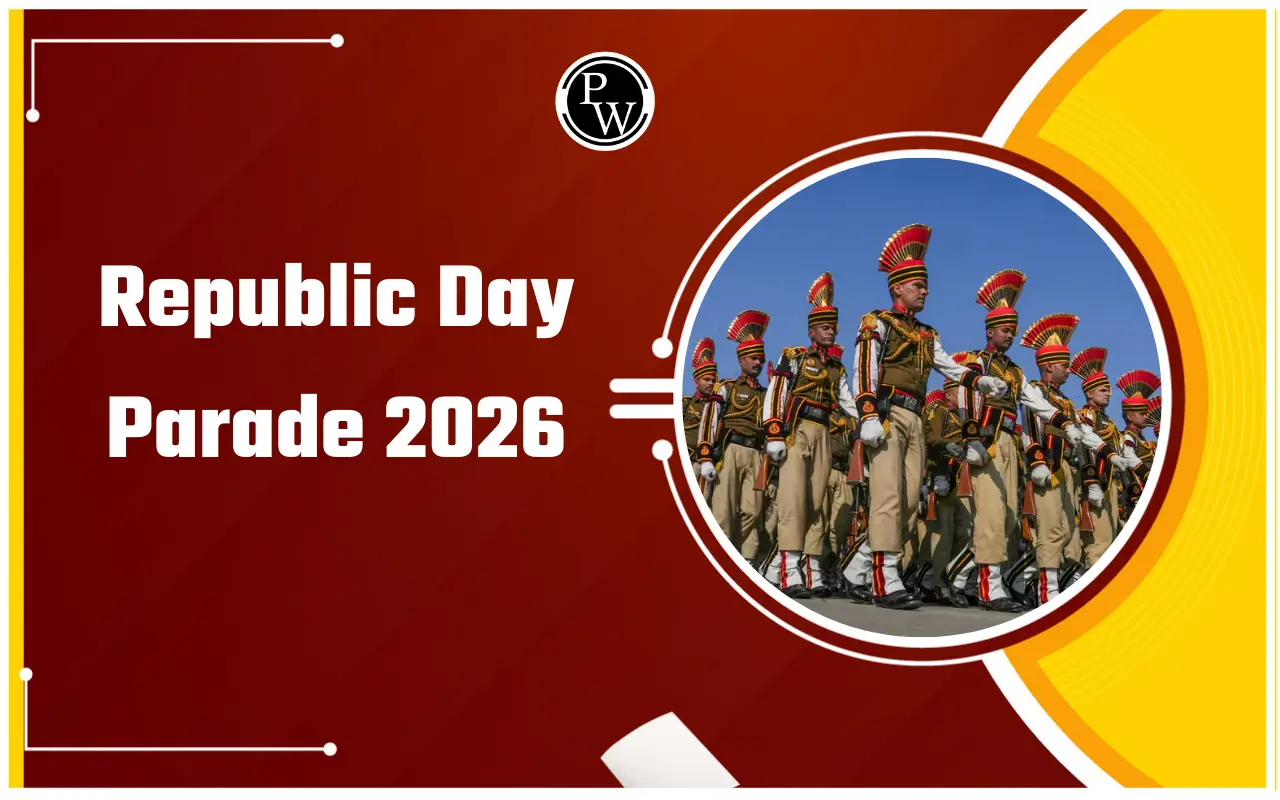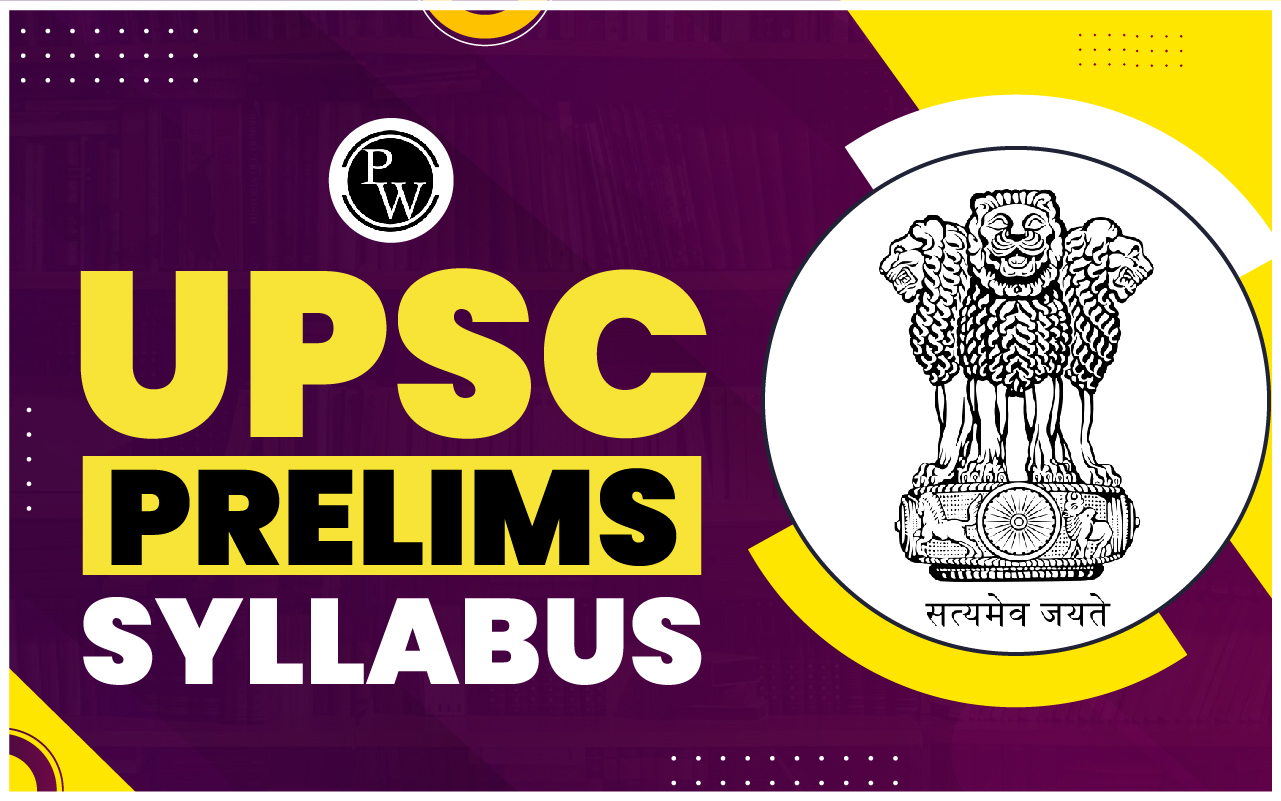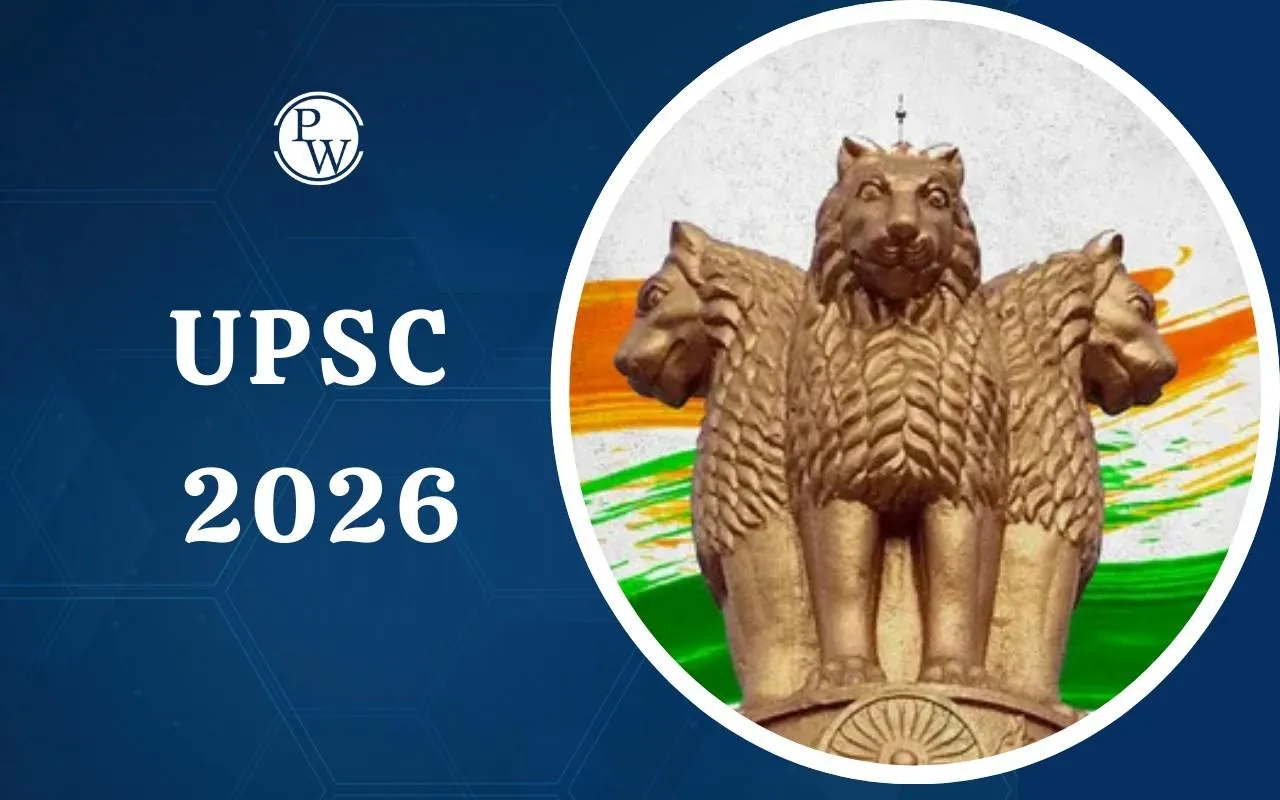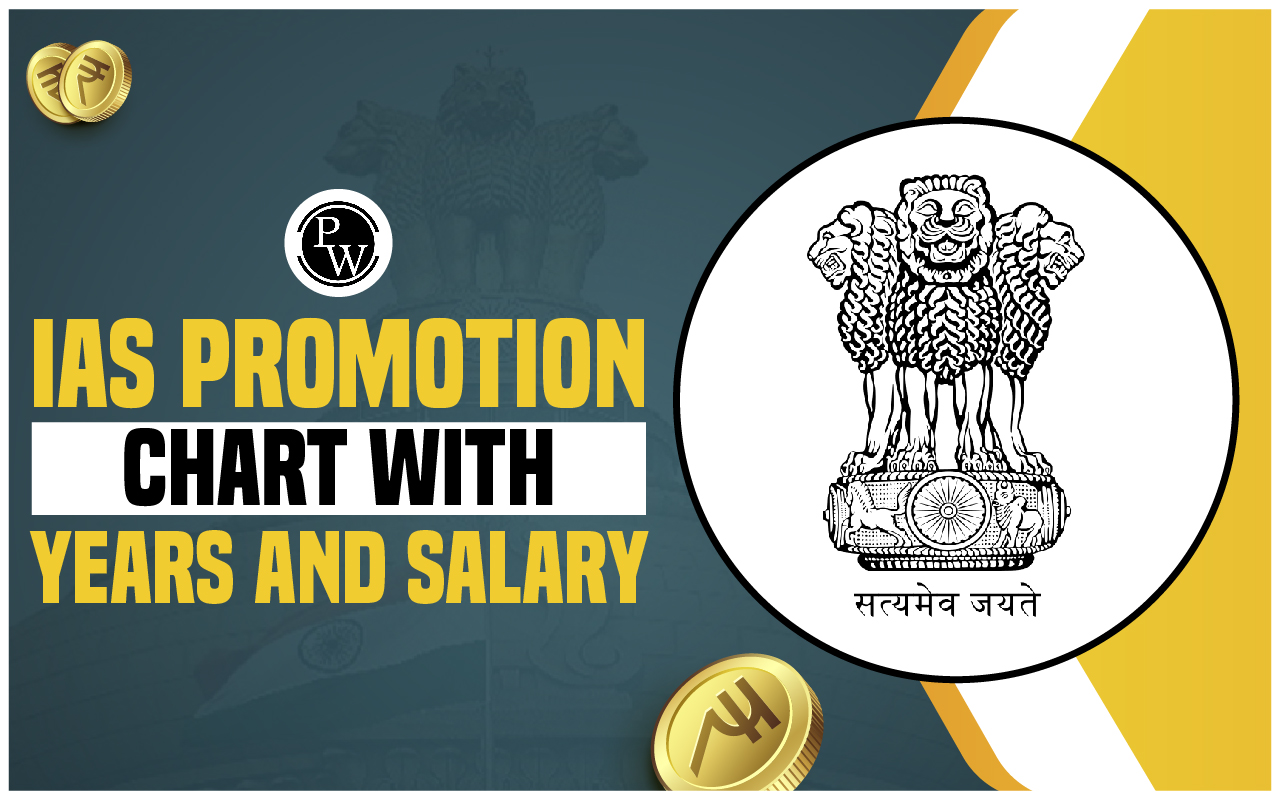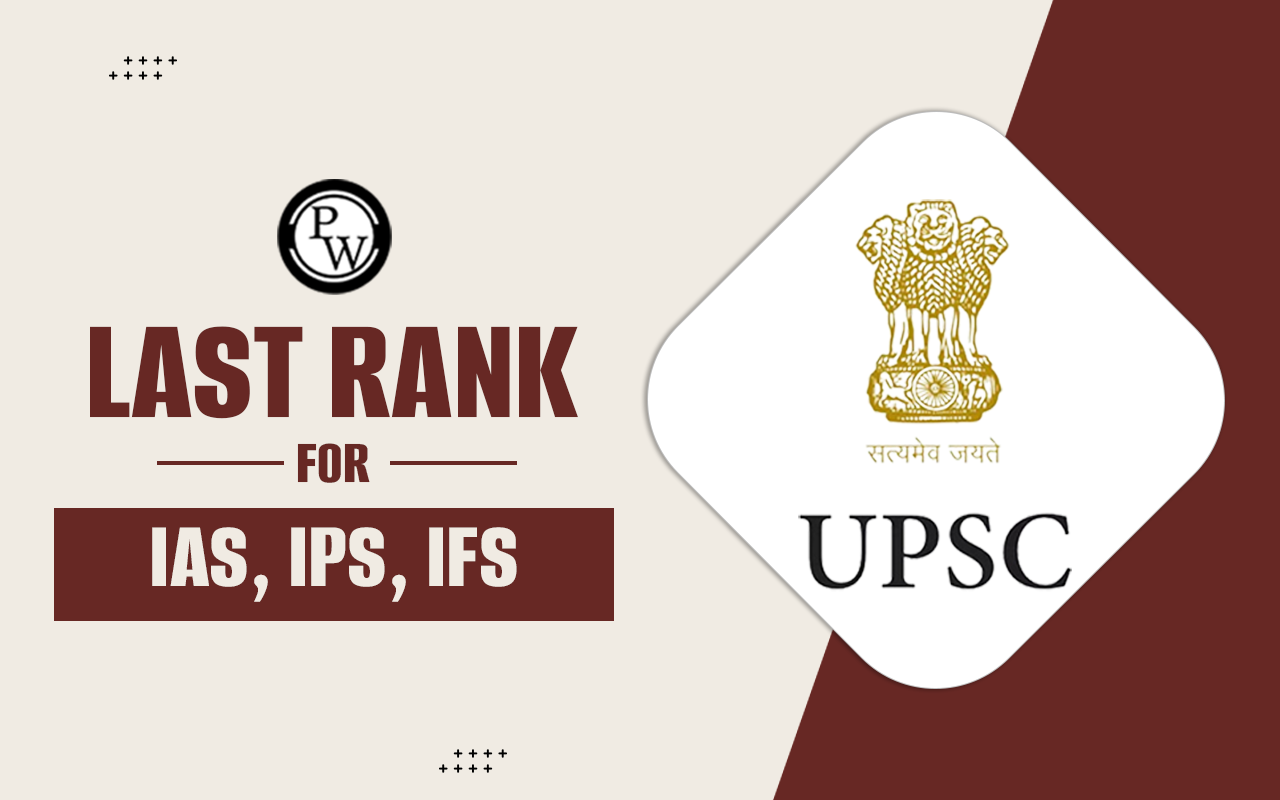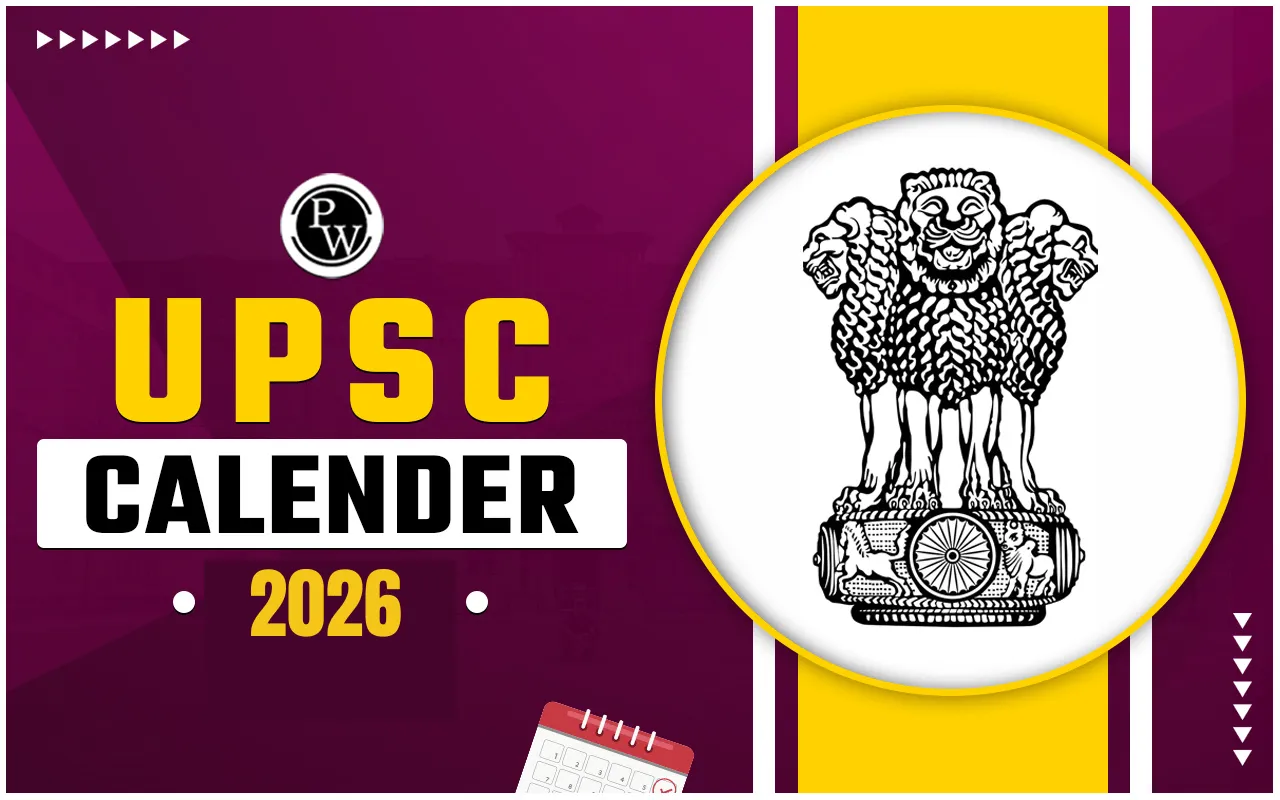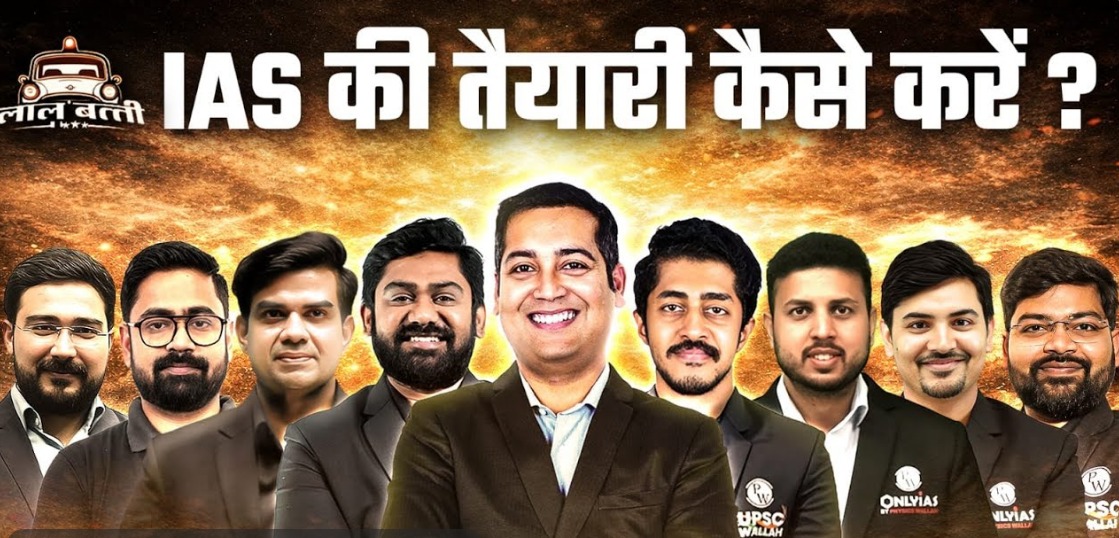
UPSC Commerce and Accountancy Optional in UPSC Mains is mostly preferred by candidates who have studied commerce or finance subjects in their graduation. While commerce as a subject deals with goods and services, accounting deals with recording, classifying, and reporting on business transactions. There are two papers in Commerce and Accountancy Optional, each worth 250 marks.
Paper I revolves around Accounting and Finance, Paper II revolves around Organisation, Human Resource, and Industrial Relations. This optional is considered highly scoring for candidates with a background in B.Com, CA, CMA, or MBA (Finance). Read on for UPSC Commerce and Accountancy Optional syllabus, books, and preparation tips.
UPSC Commerce and Accountancy Optional Syllabus 2025
The Commerce and Accountancy Optional syllabus is technical in nature. Further, while topics are crisp, the subtopics make the Commerce and Accountancy syllabus lengthy compared to other topics. Candidates learn about interesting concepts such as accounting, finance, market, tax, and management of human resources. Here is the detailed syllabus for both paper 1 and paper 2:UPSC Commerce and Accountancy Optional Paper 1 Syllabus
The Commerce and Accountancy Paper 1 deals with topics of Accounting and Finance. These two major subjects could be further broken down into multiple subtopics. The table below lists the syllabus of Paper I:| Topics | Subtopics |
| Accounting, Taxation & Auditing | |
| 1. Financing Accounting |
|
| 2. Cost Accounting |
|
| 3. Taxation |
|
| 4. Auditing |
|
| Financial Management, Financial Institutions and Markets | |
| 1. Financial Management |
|
| 2. Financial Markets and Institutions |
|
UPSC Commerce and Accountancy Optional Paper 2 Syllabus
Commerce and Accountancy Paper II is comparatively dynamic, with topics ranging from organisation theory to industrial relations. Candidates need to apply the concepts learned in this subject to the management of organisations and human resources. The syllabus is as follows for the second paper:| Topics | Subtopics |
| Organisation Theory and Behaviour | |
| 1. Organisation Theory |
|
| 2. Organisation Behaviour |
|
| Human Resources Management and Industrial Relations | |
| 1. Human Resources Management (HRM) |
|
| 2. Industrial Relations (IR) |
|
UPSC Commerce and Accountancy Optional PYQS
Going through the Commerce and Accountancy Optional PYQs helps in identifying important topics from the syllabus. If you have planned to take this optional subject for UPSC CSE mains, then PYQs should not be avoided. The commerce and accountancy optional previous year question papers are provided here.| Commerce and Accountancy Optional Question Paper 2024 | |
| Commerce and Accountancy Paper I | Click Here |
| Commerce and Accountancy Paper II | Click Here |
| Commerce and Accountancy Optional Question Paper 2023 | |
| Commerce and Accountancy Paper I | Click Here |
| Commerce and Accountancy Paper II | Click Here |
| Commerce and Accountancy Optional Question Paper 2022 | |
| Commerce and Accountancy Paper I | Click Here |
| Commerce and Accountancy Paper II | Click Here |
Strategic Approach for Commerce and Accountancy Optional
The Commerce and Accountancy Optional requires extensive reading and multiple revisions. Candidates should plan their preparation the minute they decide to take up this optional subject. Since both numerical and theoretical concepts are asked in the Commerce and Accountancy Optional, the strategy should focus on allocating sufficient time for the practice part. Here is the preparation strategy for the Commerce and Accountancy Optional subject:- Start with Syllabus: First and foremost, make sure that each and every topic of the syllabus has been understood. This will help in selecting the booklist and making a study plan.
- Take the Help of Mentors: Enrolling in a good Commerce and Accountancy Optional coaching can help to comprehensively cover the syllabus and get trained in solving questions of UPSC mains.
- Focus Basic Concepts: Do not shy away from reading NCERTs as these books develop a good foundation. Even if you have a similar background these books will help you have a solid understanding of basic and static concepts.
- Refer to Quality Study Material: You must select the right books to cover the advanced topics of the Commerce and Accountancy Optional syllabus. Go through the toppers/mentor recommended booklist as provided here.
- Stay Updated with Current Affairs: Candidates should be updated with the latest events, such as the budget, taxation policy changes, and the economic survey. A major section of the commerce and accountancy optional paper requires the application of current events.
- Make Notes and Revise Multiple Times: Since revising bulky books will not be easy at the last minute, candidates should make short notes of topics. Toppers' advice making your own commerce and accountancy optional notes to aid in revision.
- Solve Test Series and PYQs: Candidates need to solve the past 10 years of commerce and accountancy optional papers to understand the demands of the exam. Later, join a good test series to learn answer writing so that the paper can be completed within a 3-hour time limit.
UPSC Commerce and Accountancy Optional Books for Preparation
The choice of books can make a significant difference in the preparation. Since the syllabus of Commerce and Accountancy is vast, candidates must ensure they refer to limited books that cover each and every topic. Here is a standard booklist for the UPSC Commerce and Accountancy optional subject:| Paper | Books |
| Paper 1 |
|
| Paper 2 |
|
Commerce and Accountancy Optional Toppers List
Toppers have chosen Commerce and Accountancy as the optional subjects and have scored well with decent preparation. In 2022, Garima Lohia achieved second rank in the UPSC exam with this optional. Here is the list of toppers who have taken this subject in the past:| Topper Name | Rank | Year |
| Garima Lohia | AIR 2 | 2022 |
| Anshika Jain | AIR 306 | 2022 |
| Sujawal Jagga | AIR 84 | 2021 |
| Shivakshi Dixit | AIR 64 | 2020 |
| Raunak Agrawal | AIR 13 | 2019 |
UPSC Commerce and Accountancy Optional Syllabus FAQs
Who should choose the Commerce and Accountancy optional?
Candidates with similar backgrounds should opt for Commerce and Accountancy as an optional subject, as it is a technical subject with numerical problems along with theory.
What subjects are included in Commerce and Accountancy?
The subjects of finance accounting, taxation and auditing, financial management, financial institutions, markets, organisation theory and behaviours, human resource management, and industrial relations are included in commerce and accountancy.
How do I score high marks in Commerce and Accountancy?
To score high marks in this optional subject candidates must complete the syllabus as soon as possible and solve test series to tackle numerical problems.
How much time is required to complete the Commerce and Accountancy optional?
Around 6 to 8 months are required to complete the Commerce and Accountancy optional.
What does UPSC Commerce And Accountancy Paper II include?
Paper II includes Financial Management, Organization Theory, Industrial Relations, and the Indian Financial System.
Talk to a counsellorHave doubts? Our support team will be happy to assist you!

Free Learning Resources
PW Books
Notes (Class 10-12)
PW Study Materials
Notes (Class 6-9)
Ncert Solutions
Govt Exams
Class 6th to 12th Online Courses
Govt Job Exams Courses
UPSC Coaching
Defence Exam Coaching
Gate Exam Coaching
Other Exams
Know about Physics Wallah
Physics Wallah is an Indian edtech platform that provides accessible & comprehensive learning experiences to students from Class 6th to postgraduate level. We also provide extensive NCERT solutions, sample paper, NEET, JEE Mains, BITSAT previous year papers & more such resources to students. Physics Wallah also caters to over 3.5 million registered students and over 78 lakh+ Youtube subscribers with 4.8 rating on its app.
We Stand Out because
We provide students with intensive courses with India’s qualified & experienced faculties & mentors. PW strives to make the learning experience comprehensive and accessible for students of all sections of society. We believe in empowering every single student who couldn't dream of a good career in engineering and medical field earlier.
Our Key Focus Areas
Physics Wallah's main focus is to make the learning experience as economical as possible for all students. With our affordable courses like Lakshya, Udaan and Arjuna and many others, we have been able to provide a platform for lakhs of aspirants. From providing Chemistry, Maths, Physics formula to giving e-books of eminent authors like RD Sharma, RS Aggarwal and Lakhmir Singh, PW focuses on every single student's need for preparation.
What Makes Us Different
Physics Wallah strives to develop a comprehensive pedagogical structure for students, where they get a state-of-the-art learning experience with study material and resources. Apart from catering students preparing for JEE Mains and NEET, PW also provides study material for each state board like Uttar Pradesh, Bihar, and others
Copyright © 2026 Physicswallah Limited All rights reserved.

